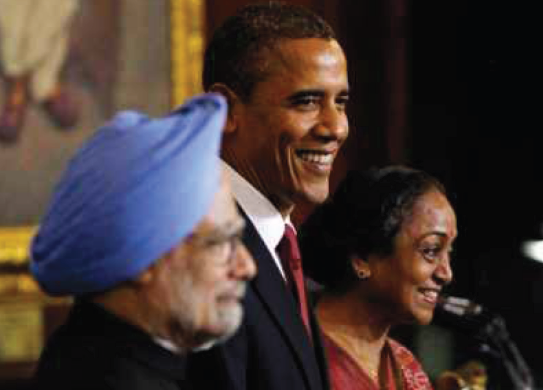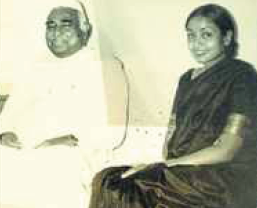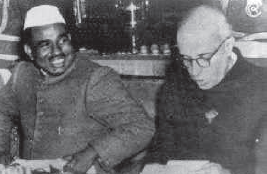Babu Jagjivan Ram
(→Babu Jagjivan Ram, Meira Kumar,) |
(→Sasaram) |
||
| Line 159: | Line 159: | ||
continue to hold for fifty years | continue to hold for fifty years | ||
– an unbroken record to this | – an unbroken record to this | ||
| − | day | + | day. |
| − | + | ||
| − | + | ||
| − | + | ||
| − | + | ||
| − | + | ||
| − | + | ||
| − | + | ||
| − | + | ||
| − | + | ||
| − | + | ||
| − | + | ||
| − | + | ||
| − | + | ||
| − | + | ||
| − | + | ||
| − | + | ||
| − | + | ||
| − | + | ||
| − | + | ||
| − | + | ||
| − | + | ||
| − | + | ||
| − | + | ||
| − | + | ||
| − | + | ||
| − | + | ||
| − | + | ||
| − | + | ||
| − | + | ||
| − | + | ||
| − | + | ||
| − | + | ||
| − | + | ||
| − | + | ||
| − | + | ||
| − | + | ||
| − | + | ||
| − | + | ||
| − | + | ||
| − | + | ||
| − | + | ||
| − | + | ||
| − | + | ||
| − | + | ||
| − | + | ||
| − | + | ||
| − | + | ||
| − | + | ||
| − | + | ||
| − | + | ||
| − | + | ||
| − | + | ||
| − | + | ||
| − | + | ||
| − | + | ||
| − | + | ||
| − | + | ||
| − | + | ||
| − | + | ||
| − | + | ||
| − | + | ||
| − | + | ||
| − | + | ||
| − | + | ||
| − | + | ||
| − | + | ||
| − | + | ||
| − | + | ||
| − | + | ||
| − | + | ||
| − | + | ||
| − | + | ||
| − | + | ||
| − | + | ||
| − | + | ||
| − | + | ||
| − | + | ||
| − | + | ||
| − | + | ||
| − | + | ||
| − | + | ||
| − | + | ||
| − | + | ||
| − | + | ||
| − | + | ||
| − | + | ||
Revision as of 12:03, 25 January 2014
This is a collection of articles archived for the excellence of their content. Readers will be able to edit existing articles and post new articles directly |
Babu Jagjivan Ram, Meira Kumar
By Meira Kumar
A many Splendoured Journey
India Harmony VOLUME - 1 : ISSUE - 6 SEPTEMBER-OCTOBER, 2012
Babu Jagjivan Ram
Babu Jagjivan Ram with his indomitable will and social reformist zeal so successfully carried forward the torch of the untouchability movement started by Gandhiji.
Babuji's childhood was not as privileged as his daughter's. Son of Sobhi Ram, a soldier in the British Army, he grew up in his native village of Chandwa, Bihar. His father died early after having quit his army job in an act of rebellion, leaving the family to a life of struggle. However, Babuji did not give up his education and in 1922 joined the english medium Arrah Town School. Unfazed by caste discrimination in his school, even being made to drink water from a pot marked “untouchables”, he doggedly continues his education. However, this incident became a turning point that lit in him the lamp of determination to fight a social evil that millions like him had learned to bear over the centuries. Pandit Madan Mohan Malviya, on a visit to his school was so impressed by his passionate oratory that he invited him to join the Banaras Hindu University where he was awarded the Birla Scholarship. But his Dalit origins hounded him there too. He could not be served food in his hostel room as no attendant was ready to wash his dishes and no barber would give him a hair cut because he was an untouchable. In disgust, he left for Calcutta where he finally earned his B. Sc. Degree from Calcutta University. It was here that he organized conferences and rallies on the issue of discrimination and came to the notice of Subhash Chandra Bose. His journey as a freedom fighter, social activist and political crusader had begun. The next sixty years were to see him rise from those early troubles to the post of Deputy Prime Minister of India, a national leader who was undisputedly the most charismatic, efficient and committed leader of the backward classes. He contributed to the establishment of the “All India Depressed Classes League” and dedicated himself to attaining equality for untouchables. The rest is history. In 1985, Babuji had the satisfaction of seeing his daughter Meira Kumar take over the baton from him when she won her first election from Bijnor. It was not a cake walk. In the fray were two other young Dalit leaders, Ram Vilas Paswan and Mayawati. It was a close victory as her two rivals also scored a significant number of votes launching their careers as Dalit icons in the years to come. Much water has flown under the bridge since then. Today, what makes Meira Kumar stand head and shoulders over her two rivals in Parliament is her broad world view – a vantage point from where she can see the larger picture and perhaps showcase to the world how beautifully India has fought untouchability and given its daughters a level playing field. The cosmopolitan, multitalented Meira Kumar is the realization of the dream of India's founding fathers who enshrined social equity in the Constitution of India.
Meira Kumar
Obama's journey as a statesman and as the head of state is an inspiration for many especially those who struggle for and aspire for a life of dignity”. With these words the honourable speaker of the Lok Sabha, Smt. Meira Kumar welcomed US President Mr. Barack Obama to the Indian Parliament in November 2010. Her beautifully crafted speech made waves around the world as it articulately expressed the emotions of millions of marginalized people who looked upon Obama's election as a culmination of their aspirations for a just social order.
Meira Kumar's journey has been no less inspirational. Born into the household of Babu Jagjivan Ram, she could not but be influenced by the early struggles of her illustrious father
Born in Patna in 1945, Meira cut her political teeth as a baby. Her father, had by then become a representative of Sasaram Constituency in Bihar, a position he would continue to hold for fifty years – an unbroken record to this day.



